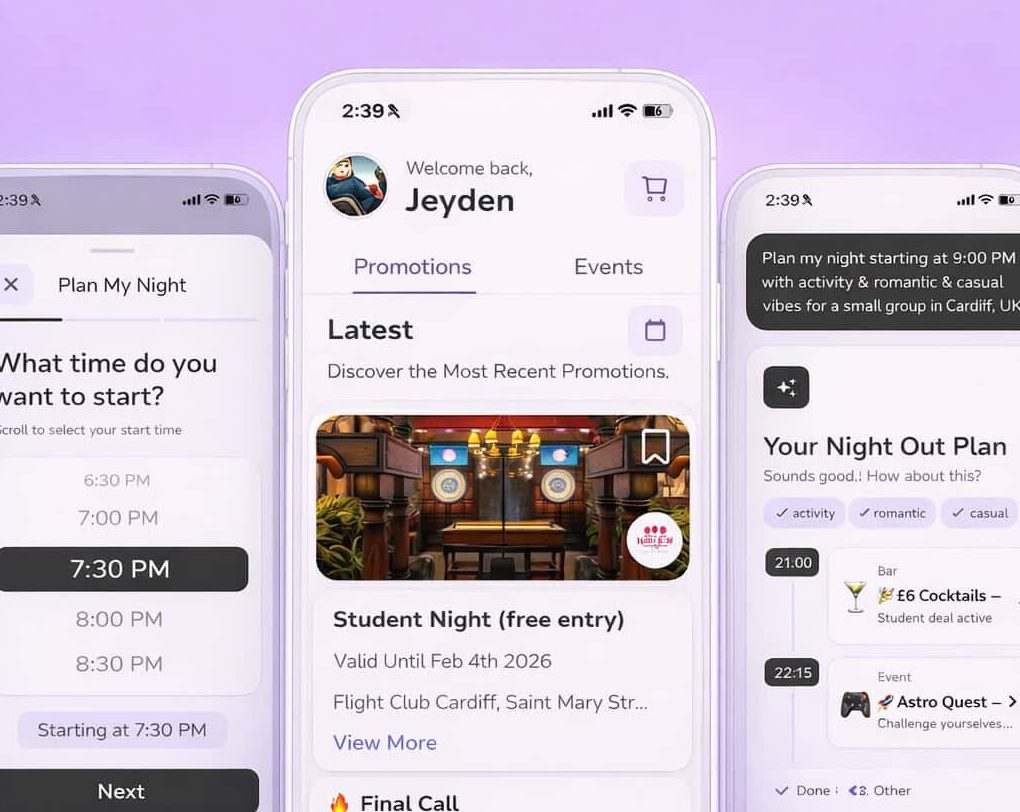Words by Estelle Belton Tchangue
It happened overnight; Glossier’s dominance filtered through all our feeds. We saw coquettish ads, ÔÇÿno-makeup’ makeup, and the infamous Cloud Paint plastered over social media, the brand quickly became a prominent figure in the beauty industry. For many years it was impossible to not see Glossier being promoted by hundreds of influencers and claiming the spot as an aesthetically pleasing cult classic. The Instagram ÔÇÿit’ brand commanded dewy minimalism and baby pink merchandise. You wanted it. I wanted it. We all wanted Glossier decorating our bedside tables and bathroom cabinets ÔÇô buying into the ing├®nue aesthetic was a testament to our girlhood.
However, despite valuing at $1.2 billion and seemingly being at an all-time high, CEO Emily Weiss found herself and her beloved brand under imminent collapse. But why? Coined as a “fall from grace”; Glossier’s popularity plummeted and birthed an anti-Glossier movement. Untold truths from ÔÇÿOutta The Gloss’, written by former employees, left an indelible mark on the brands’ reputation and started a social media boycott. Racial discrimination became the forefront of Glossier’s downfall, with more people highlighting their minimal shade ranges and a lack of diversity. Internal racism within the company was exposed with BIPOC facing micro-aggressions from their managers and allowing racism from customers. It started to seem as if Glossier were not as inclusive as people had thought. Selective skin and body types were also a firing line for Glossier; it became apparent that the brand would only frequently include women with clear, perfected, and glossy skin, and women with slender, ÔÇÿheroine-chic’ body types. The series of allegations brought awareness to the truth ÔÇô Glossier is potentially problematic and not for all. We were trying to reach the unattainable, desirable beauty standards that Glossier had manufactured within their brand.
So, then came the rebrand. In 2022, Emily Weiss stepped down as CEO; thus, inviting a fundamental change for the survival of Glossier. Their new marketing strategy channelled inclusivity of ethnicities, body types, and skin types; products were redesigned and a complete internal overhaul of Glossier emerged to start the momentum back up. Olivia Rodrigo soon partnered with Glossier, directing the brand into Gen Z pockets and stirring their popularity via a teen pop star.
But has this worked? For many, Glossier could still be deemed as a problematic brand and their rebrand unsuccessful; glossing over their controversies. Could the buzz of newly designed products and inclusivity be the key to Glossier’s make or break? Diversifying the brand is step one.


